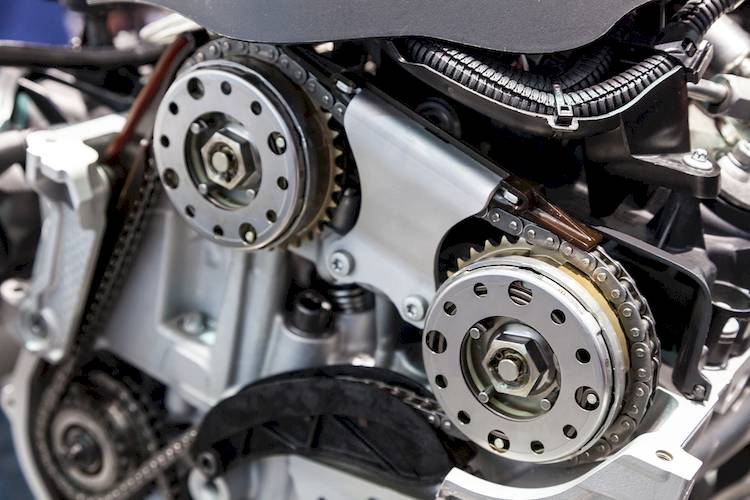

Automatic timing advance units are a component commonly found on many vehicles equipped with carburetors, as well as vehicles equipped with diesel engines. Their purpose is to automatically adjust the timing according to the operating conditions.
Most automatic timing advance units are mechanical in nature and operate using centrifugal force to automatically advance the timing. This allows for a more dynamic engine power band as well as a more efficient operating engine. For diesel engines in particular, the automatic timing advance unit plays an even more significant role, due to the difference in combustion process in comparison to a gasoline engine. When the automatic timing advance unit fails it can cause a variety of problems that can disturb the performance of the engine. Usually, when there is an issue with the automatic timing advance unit, the vehicle will display a few symptoms that can alert the driver of a potential problem that should be serviced.
1. Engine knock
One of the earliest symptoms of a problem with the automatic timing advance unit is engine knock. Engine knock occurs when the air-fuel mixture is ignited before the optimum timing, causing uneven combustion to occur.
Uneven combustion can cause engine knock, which in turn can cause permanent damage to the engine if left unchecked. This symptom may be even more pronounced with diesel engines, where the ignition relies entirely on combustion pressure to ignite the fuel mixture. Engine ping or knock can be heard as an audible pinging or knocking noise coming from the engine.
2. Sluggish performance
Another symptom of a problem with the automatic timing advance unit is sluggish engine performance. The timing advance unit is designed to automatically advance the ignition timing to achieve better performance and efficiency from the engine. If it fails, the engine’s timing curve will be changed which can negatively affect the performance of the engine. In more serious cases, the engine may experience a noticeable loss in power, acceleration, and fuel efficiency.
3. Excessive black smoke
Another symptom of a problem with the automatic timing advance unit, one more specific to diesel engines, is excessive black smoke from the tailpipe. The timing on diesel engines is much more complicated to set due to the fact that there is no ignition system on a diesel engine and it relies solely on fuel pressure and cylinder compression to ignite the mixture. For this reason, a problem with the timing advance unit can quickly cause problems that can upset the the combustion process. Usually, the combustion will be incomplete, and the excessive fuel will be burned inside of the vehicle’s exhaust producing black smoke.
The automatic timing advance is an important component that is critical to the ignition timing and performance of an engine. For this reason, if you suspect that there may be a problem with it, have the vehicle diagnosed by a professional technician, such as one from YourMechanic. They will be able to determine if the vehicle needs an automatic timing advance unit replacement, or if another repair needs to be made.



